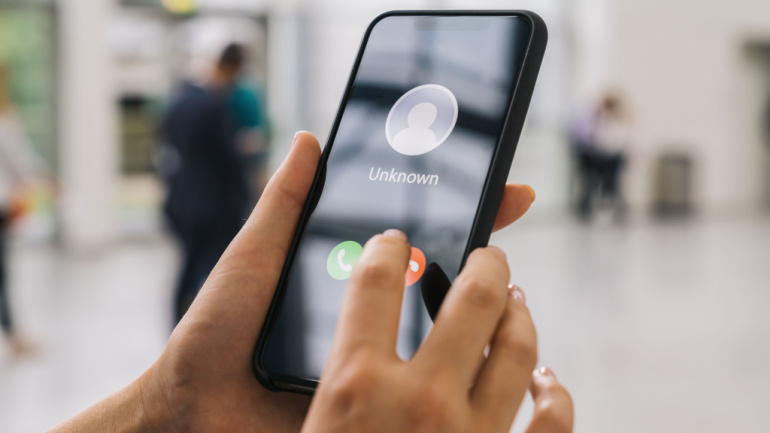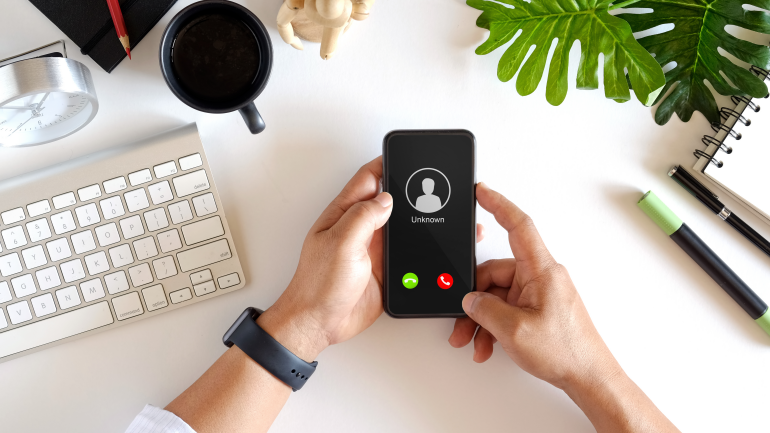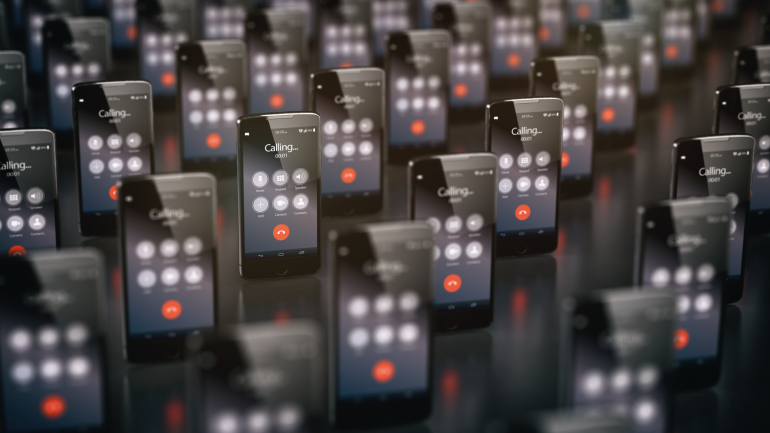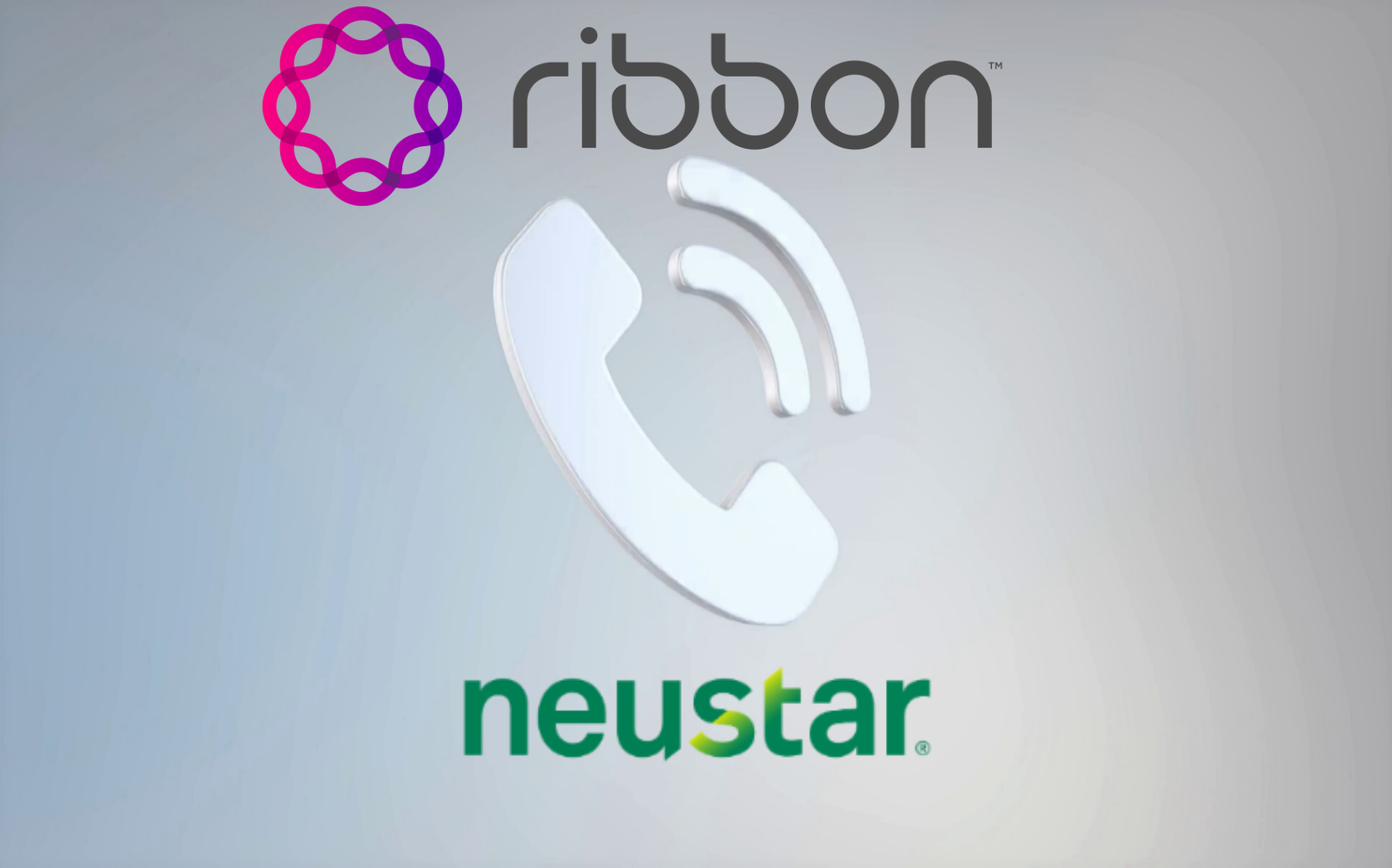YouMail released a new robocall warning, saying that utility-related impostor robocalls are posing a concern to Americans. These utility scam calls claiming to be from major American gas, electric, and other utilities in order to swindle unwary victims by threatening them with instant disconnection if their “utility bills” are not paid quickly. The specifics of the scam calls differ, but they typically claim that the user’s service is going to be terminated and that they need to click a key to make a payment or speak to someone at the business. Some calls are made from an entirely random phone number and mention a generic firm name. Others link to certain departments by using a local phone number with the recipient’s area code. Some of them utilize a spoofed caller ID from a well-known utility business. Apparently, these con artists are seeking to exploit the growing number of…
Illegal robocalls have been a major source of consumer complaints at the FCC. Hence, as of June 30, 2021, the Federal Communications Commission (FCC) regulations require that all inbound and outbound voice service providers operating in the United States implement STIR/SHAKEN standards in the Internet Protocol (IP) portions of their network in order to combat the plague that robocalls and spoofed calls have become. Therefore, in order to comply with these FCC requirements and to maintain customers’ trust, DIDWW, a global telecommunications operator and provider of premium quality VoIP services, has announced the successful implementation of Caller ID authentication through the STIR/SHAKEN set of standards. The industry-standard caller ID authentication framework STIR/SHAKEN is a set of technical standards and protocols that allow the authentication and confirmation of caller ID information when calling over Internet Protocol (IP) networks. Caller ID authentication technology allows people to trust the caller…
Most phones today allow users to see the calling party’s phone number before they answer. This feature is called Caller ID or Calling Line Identity (CLI). It lets people know who is calling and decide whether they want to answer the call or not. However, callers and criminals can purposely change the Caller ID so that the incoming call appears to originate from a trusted entity. This disingenuous practice is better known as spoofing. Unfortunately, there are more and more cases where callers and criminals purposefully change the caller ID in order to commit fraud. What is Caller ID spoofing? Spoofing occurs when a caller knowingly falsifies the information transmitted onto your phone screen, known as caller ID, to hide their true identity. Scammers often use the so-called ‘neighbors’ spoofing technique. When this technique is used, the incoming call appears to come from a local phone number. It could be…
Robocalls are not only annoying, they are potentially dangerous and are progressively becoming an even bigger problem. Sadly, it does not look like the situation will improve in 2021, as there were 22.8 billion total robocalls recorded at the midway point of 2020. Robocalls are phone calls made by an automatic dialer that transmits pre-recorded messages. While this may not seem like an issue, it can be. Some robotic calls may be from legitimate sources, but they may also be scams designed to deceive or bully people to provide personal information.
Robocalls calls have become a plague. It is estimated that Americans alone received more than 58.5 billion robocalls in 2019. While some robotic calls may be from legitimate sources, they can also be scams seeking to deceive or bully people to provide personal information.
Early on, robocalls were easy to detect and ignore because the calls came from an area code you did not recognize. However, the scam has become much more sophisticated with the increase in Voice over Internet Protocol (VoIP) dialing, which makes it relatively easy to “spoof” a phone number so that the caller ID shows a different number than the one actually calling.
American technology companies Ribbon Communications and Neustar have announced an expansion of their cooperation to provide a comprehensive solution designed to tackle the issues of robocalling and call spoofing. Ribbon, a global software leader providing IP-based real-time communications security and software solutions, is working in partnership with Neustar, the exclusive host of the ATIS Robocalling Testbed, to develop and support an integrated platform for their STIR-SHAKEN implementation. Secure Telephone Identity Revisited (STIR) standards and the Signature-based Handling of Asserted information using toKENs (SHAKEN) framework were developed by the IETF and ATIS/SIP Forum NNI Task Force, respectively. STIR-SHAKEN is a major industry initiative set up to help service providers protect consumers against illegal robocalls and caller ID spoofing. The Ribbon session border controller, as well as policy and routing products coupled with the Neustar Certified Caller platform will enable service providers to promptly detect suspicious calls and inform business and…









